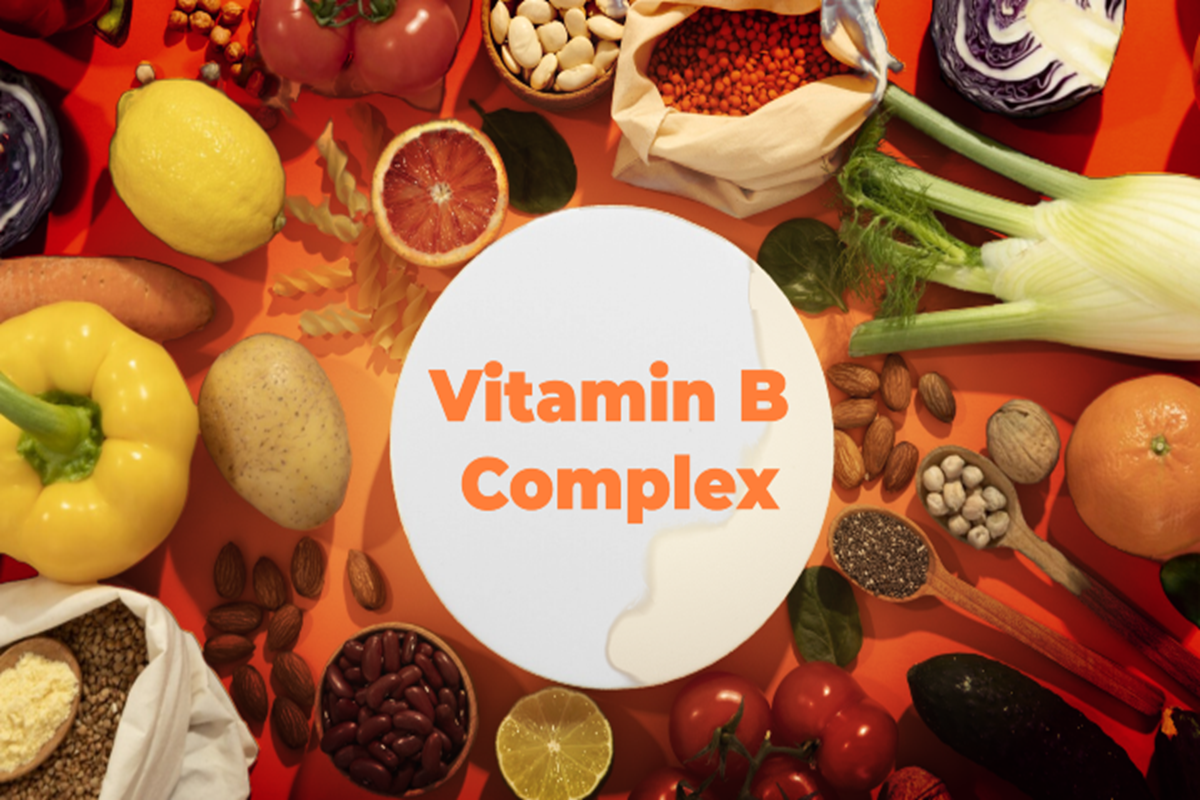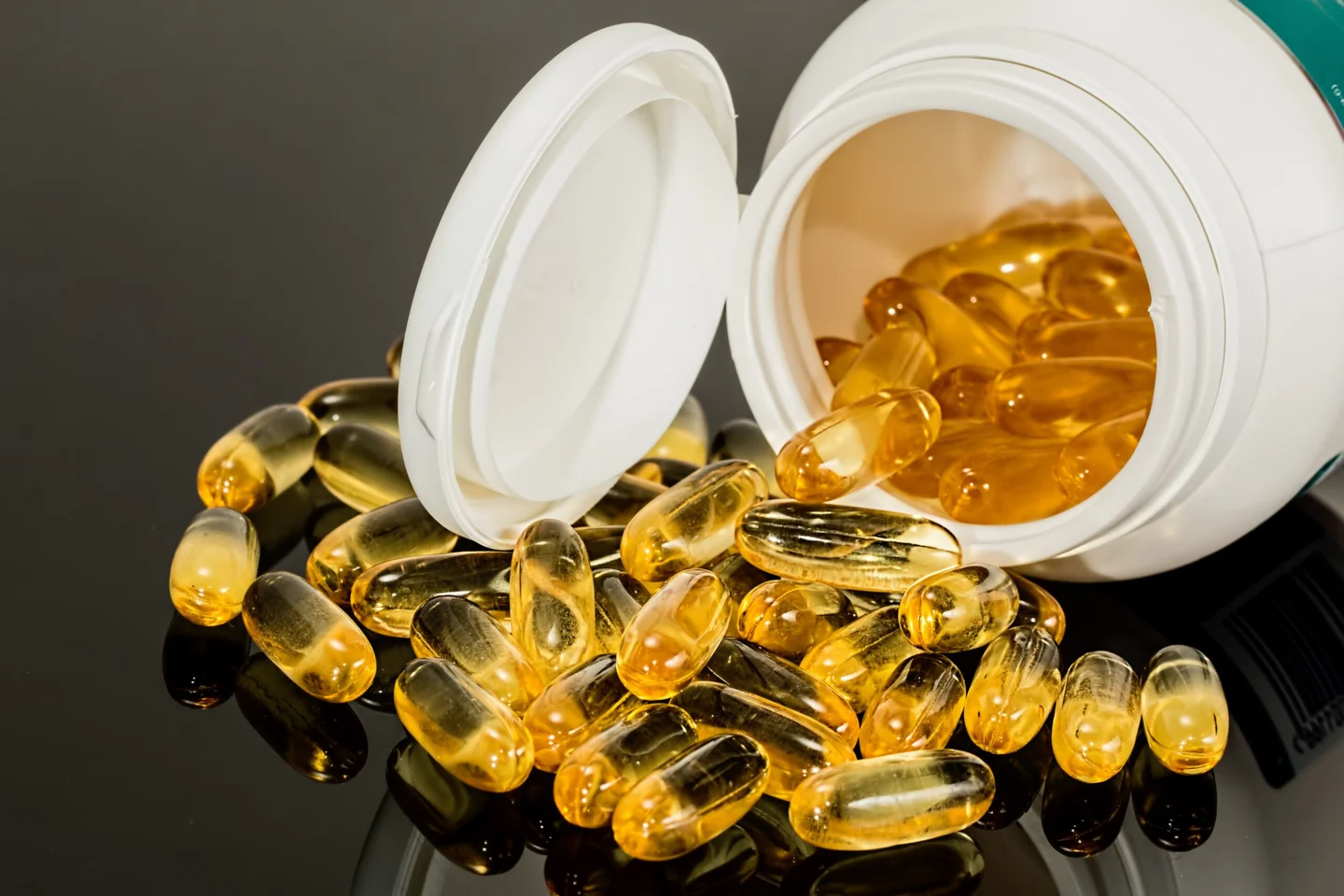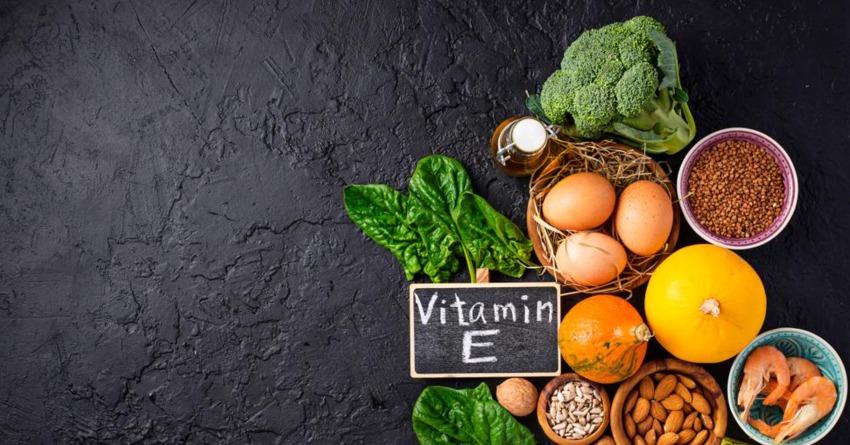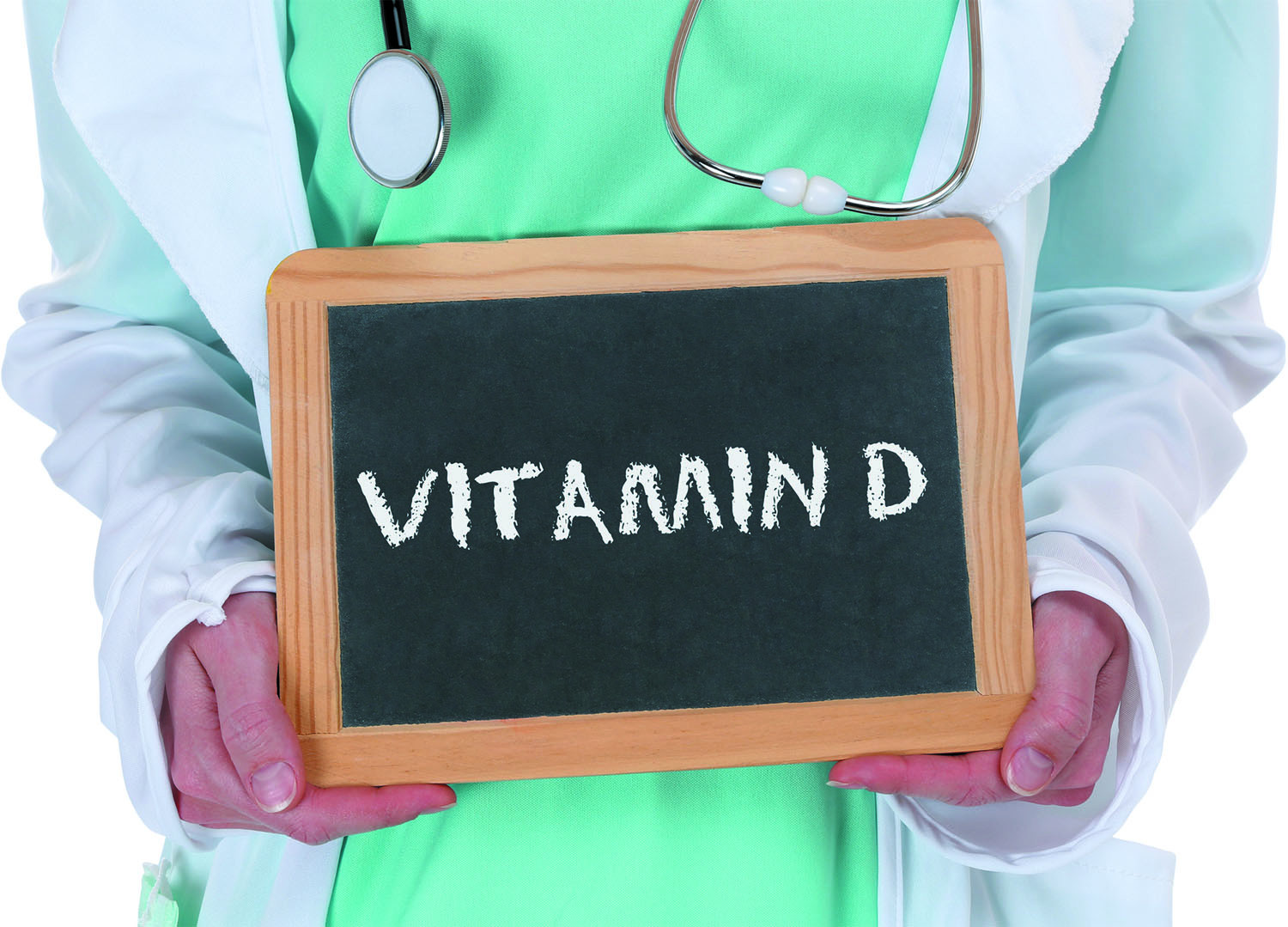Vitamin B complex is essential for various bodily functions, including energy production and nerve maintenance. However, it’s crucial to consider the potential risks of overconsumption before adding supplements to your diet.

Overdosing on Vitamin B complex can lead to serious health issues, such as cardiovascular complications and sleep disturbances. It’s imperative to seek medical advice before taking any form of Vitamin B complex supplements, as these nutrients are readily available in a balanced diet through vegetables, fruits, seafood, meat, legumes, dairy products, nuts, and eggs.
Recognizing the signs of Vitamin B complex overdose is important:
- Skin Reactions: Overdose may cause the skin on the face and neck to feel excessively warm and turn reddish-pink, with possible allergic reactions.
- Digestive Disturbances: Symptoms like indigestion, nausea, diarrhea, or abdominal pain can indicate liver stress due to excess Vitamin B.
- Sleep Disruptions: High levels of Vitamin B complex can lead to insomnia, general discomfort, and body itching, affecting sleep quality.
- Mood Changes: Mental health can be impacted, potentially increasing feelings of depression and irritability.
- Visual Impairments: Excessive intake might affect vision, causing symptoms like blurred vision, watery eyes, or in severe cases, blindness.
It’s essential to maintain a careful balance when it comes to nutrient intake, and Vitamin B complex is no exception. Consulting with healthcare professionals and relying on natural food sources can help prevent the adverse effects of overdose.


